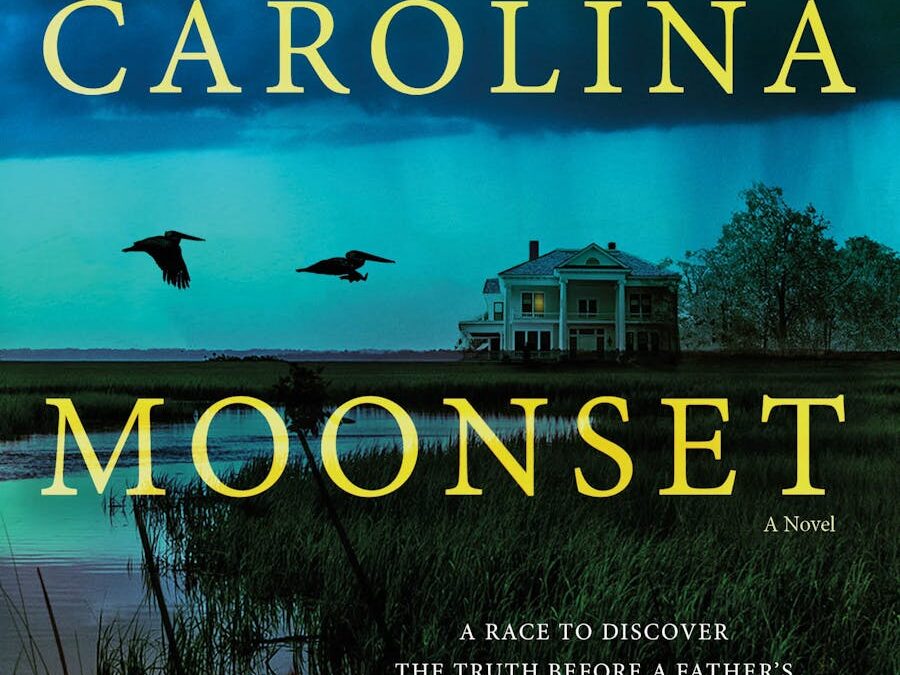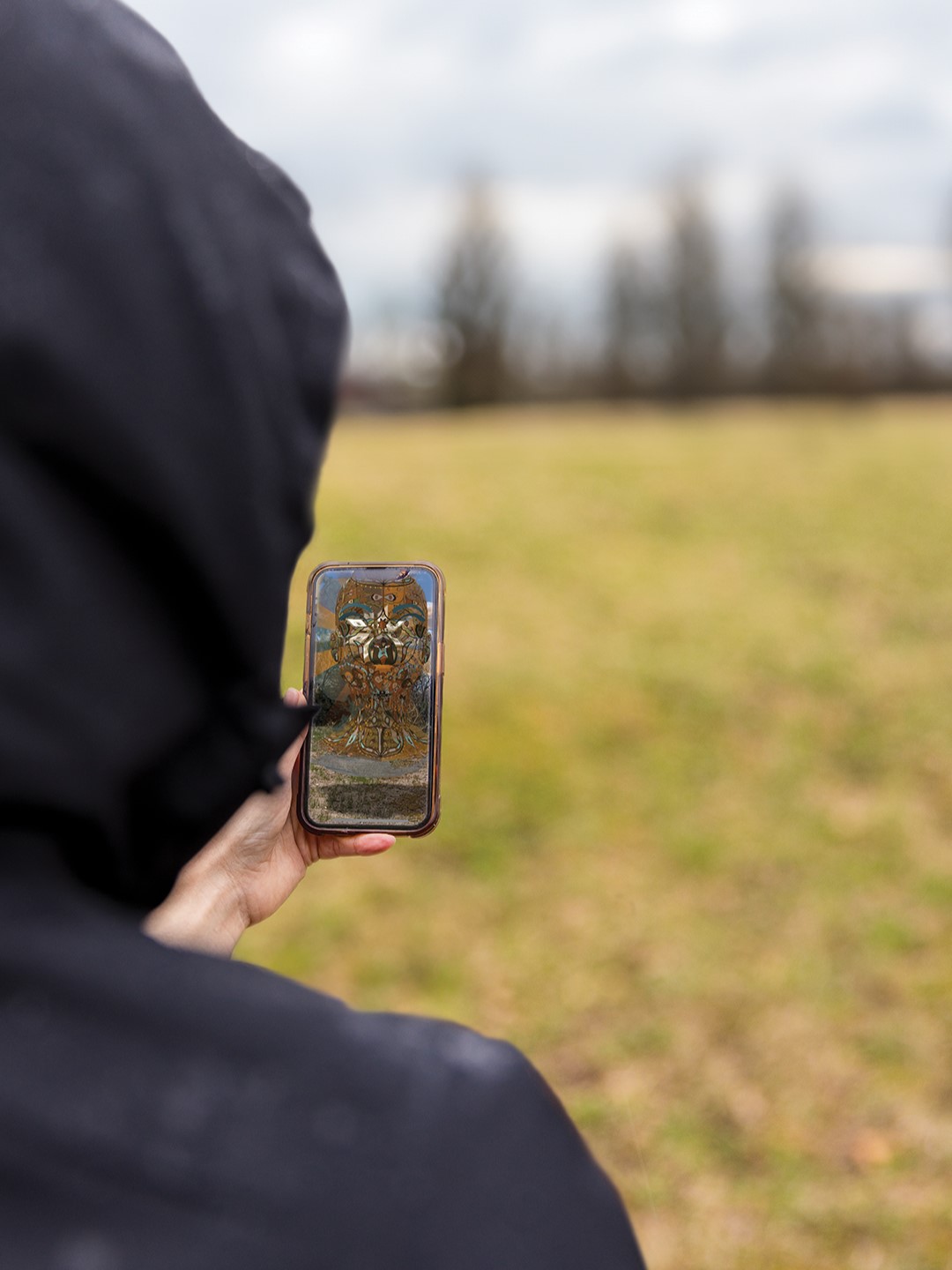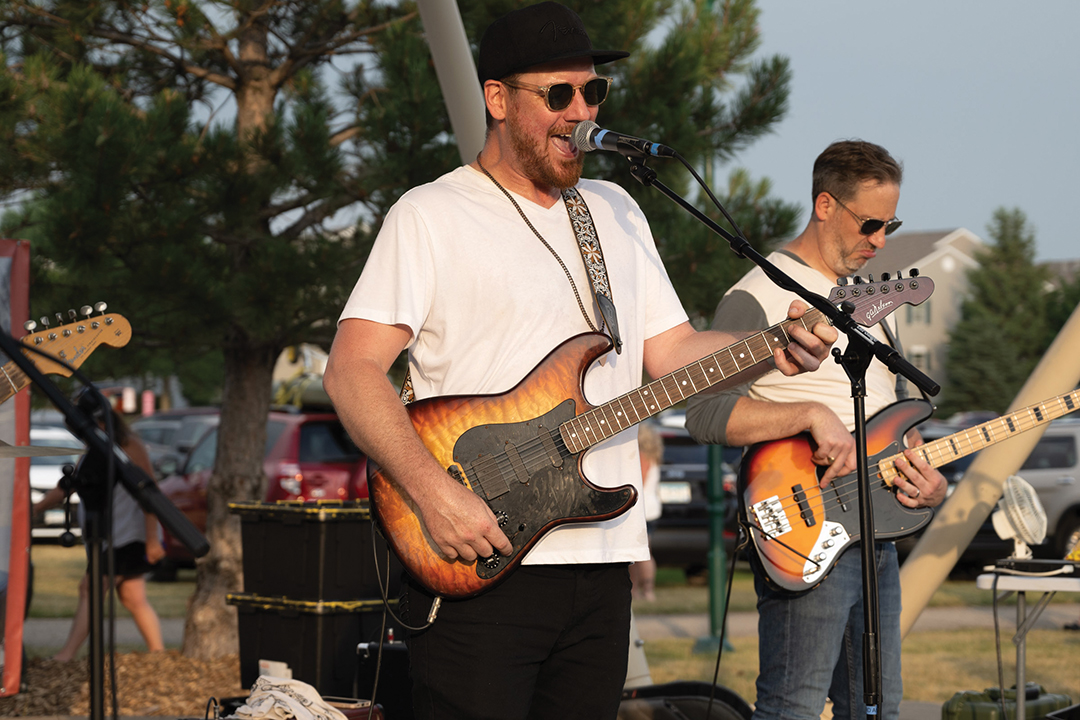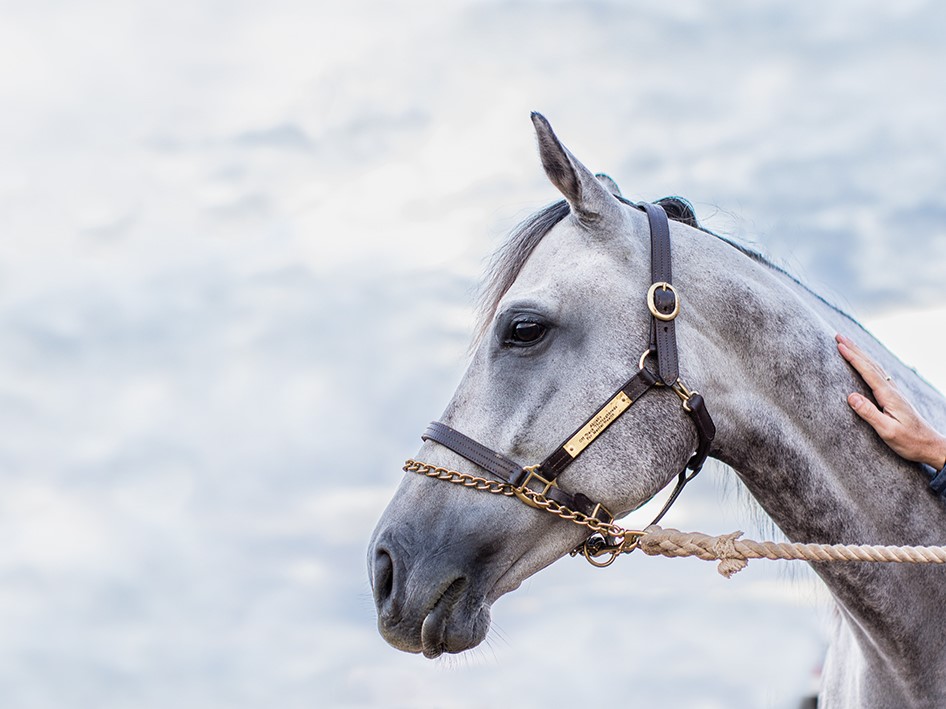
Photos: Chris Emeott
A South Metro equine therapy organization serves first responders and military personnel, using the power of animal empathy to heal trauma.
Editor’s Note: This story includes mentions of disordered eating and suicide.
Lakeville resident Taber Akin usually has a lot on his plate. The principal of Eastview Elementary—already a busy role—has also recently retired as an on-call firefighter for the Lakeville Fire Department, including a six-year stint as district chief.
As you might have guessed, Akin feels called to serve others; he’s a natural helper. But what happens when our community’s helpers need help of their own? “I was suicidal,” Akin says. “It was often a thought when things got difficult. I was overwhelmed.”
In a serendipitous moment at a firefighter training exercise, a colleague told Akin about his experiences with Abijah’s on the Backside, an equine therapy organization in the South Metro that serves first responders. “I was so curious,” Akin says. He’d participated in traditional talk therapy, “and nothing really clicked.” He couldn’t shake the feeling that Abijah’s might be a good fit for him.
Akin filled out an online interest form and got a call almost immediately from Sally Mixon, Abijah’s founder. “She said, ‘Come and see me at 5:30 in the morning,’” Akin says. “So I did. And it was just right out the door. I was a big mess, crying and totally connected. There was no wall to break down. Immediately, I felt like I was in a safe place.”
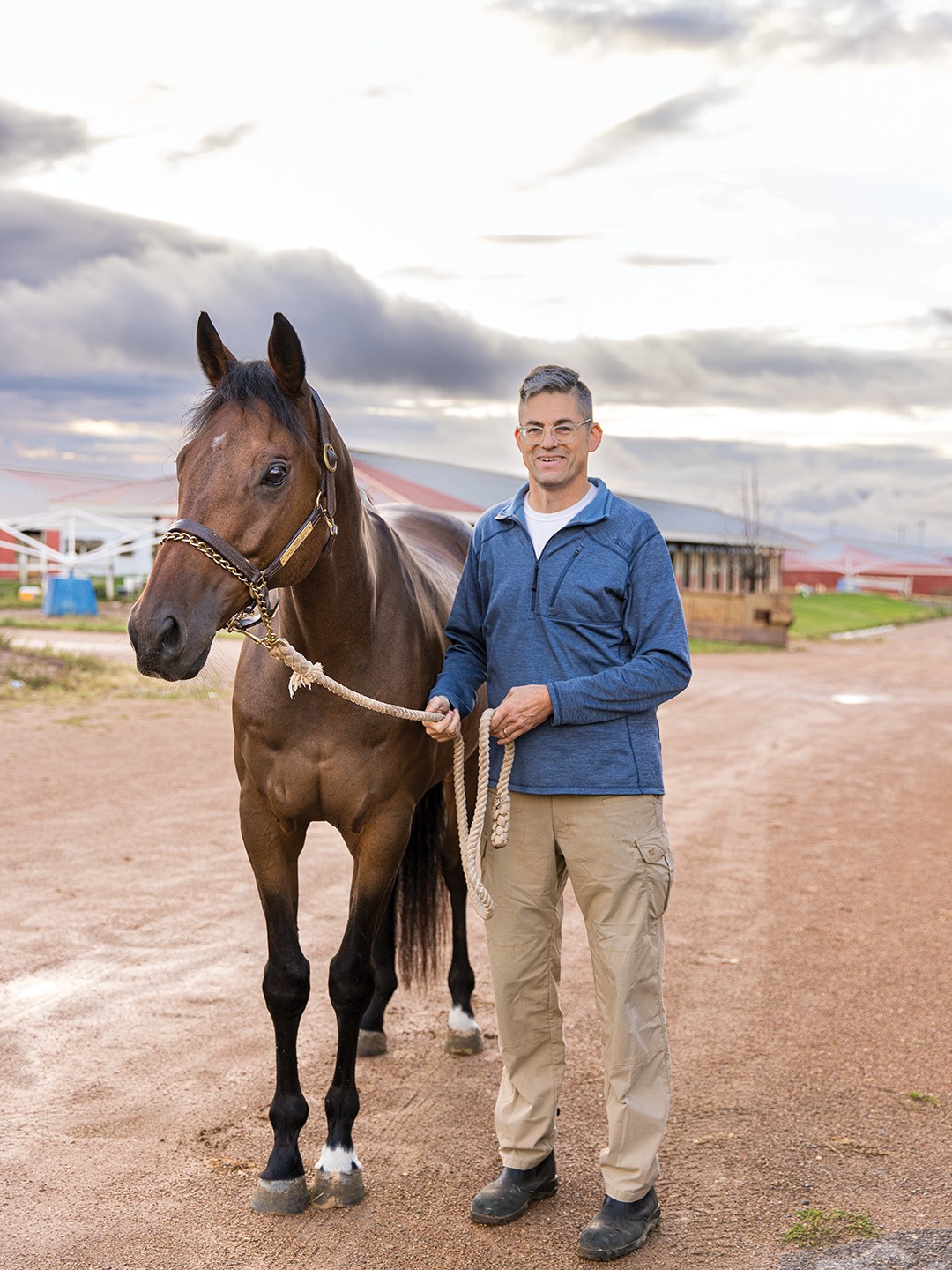
Taber Akin
Creating that safe place has been the lifelong work of Mixon, a Wisconsin native, who now makes her home in Shakopee, close to Canterbury Park’s racetrack, where most of Abijah’s therapy horses live during the racing season. “When I was 5, my parents sent me to this little farm, Red’s Riding Ranch, and I started scooping poop,” she says with a laugh. “I loved it. I got rides and lessons for free.”
As a young adult, Mixon faced mental health challenges, including an eating disorder that forced her out of college and into recovery. “I almost lost my life,” Mixon says. When she finished her rehabilitation, she went back to college (She now also has a master’s degree in counseling.) and started a career that was always included either touching therapy or horses—and often both. Several years ago, she made her way to the backside of Canterbury Park, the legendary racetrack in Shakopee. “The ‘backside’ is the stable area, where the horses and trainers live and work,” Mixon says, nodding to her organization’s name. (Abijah is a Hebrew word that means “the Lord is my father” and was also the name of Mixon’s very first horse.) At Canterbury’s backside, she got a job galloping horses as an exercise jockey and formed friendships with many of the trainers and jockeys.
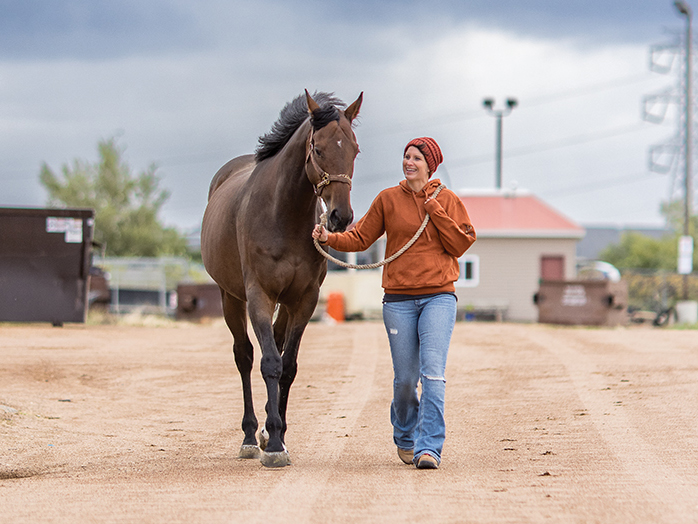
Sally Mixon
In 2020, she officially founded Abijah’s on the Backside and now employs a handful of retired thoroughbred racing horses from Canterbury who act as co-therapists for her clients. “Our mission is to elevate the racing industry by using these retired thoroughbreds to save the lives of military and first responders,” she says. Those clients don’t pay a cent for equine therapy via Abijah’s. “And we don’t take insurance,” Mixon says. “That is very liberating for somebody who’s maybe struggling with post-traumatic stress disorder and worried they might lose their job with a documented diagnosis. We remove those barriers.”
Abijah’s on the Backside has received state funding to treat active police officers and firefighters. “We have $250,000 this year and next year to go toward that,” Mixon says. The organization is currently offering equine therapy to first responders and military members at Canterbury and other nearby locations; clients come from all over the Metro. Mostly, Abijah’s is funded completely by private donors who want to support its mission.
Every session includes a mental health professional, an equine specialist and—of course—a horse. “There’s no riding involved,” Mixon says. “You don’t have to know anything about horses. The reason we use horses is that they’re so intuitive. They’re prey animals, so they’re on alert all the time.” The horse picks up on the emotions and energy of the client and expresses those externally. “For example, if we’re feeling depressed, the horse might lie down,” Mixon says. “The clients are watching the horses give them their words. They’ll say, ‘Yeah, that’s how I feel.’” That powerful externalization of emotions is at the heart of equine therapy. Mixon says, “Trauma is stored in our bodies, which is why sometimes talk therapy only gets us so far. With equine therapy, it gets us out of our heads and into our bodies.” Clients’ senses are stimulated just like they are in moments of trauma—but this time, it’s for the good.
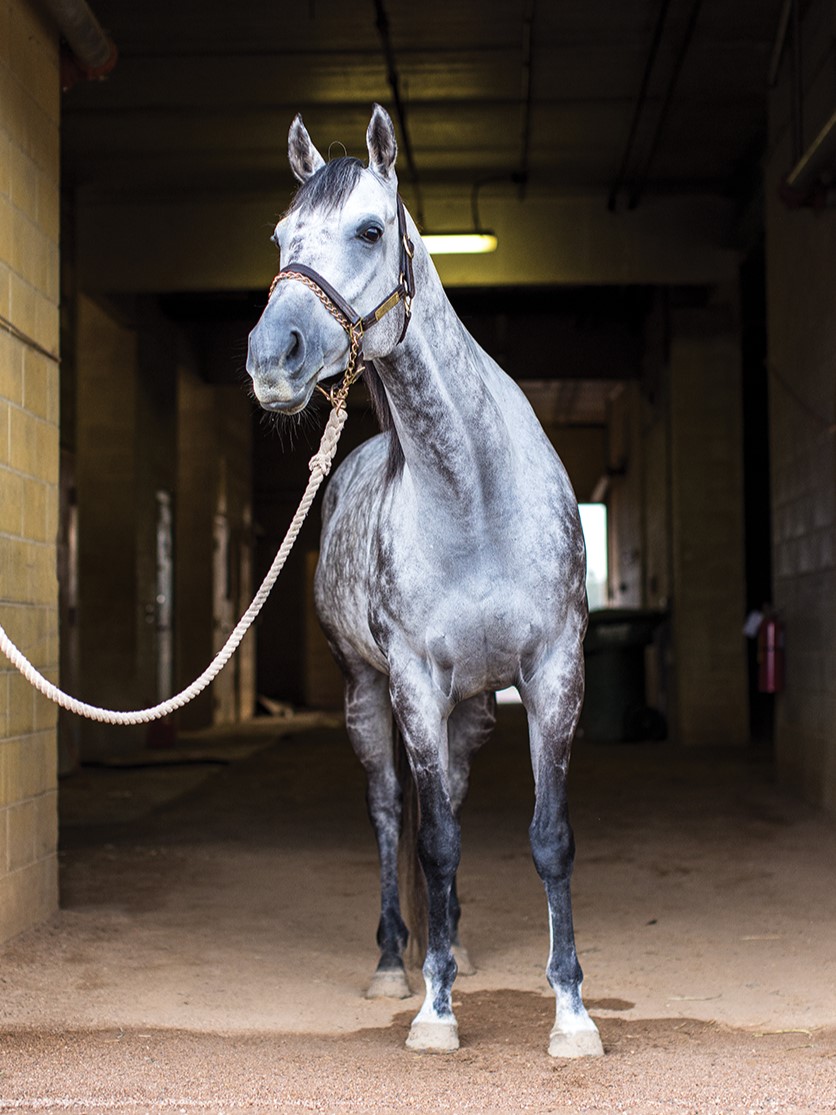
Akin knows the power of equine therapy firsthand. “It’s very much nontraditional therapy,” he says. “It’s so hands-on. It’s helped me really tangibly connect with what I’m feeling.” The horses have helped him learn to stay in the moment, instead of letting his thoughts spiral. On a walk with Wave, one of Abijah’s therapy horses, he was connecting with her for the first time. “She’s a strong, independent horse,” Akin says. “If what you’re doing isn’t working for her, she’s not going to do it. About halfway through our loop, I thought, this is going really well. I don’t want to jinx it.” The pair encountered a few distractions and challenges—other animals, other people. “My job was to walk Wave,” Akin says. “It felt so good. I can remember the elation and joy of that walk. I was with Wave, and she was with me. I learned to be here, now.”
If you or someone you know needs immediate help with a crisis, dial 988 for the suicide and crisis hotline.
Visit abijahs.com to learn more, book a session or make a donation.
Facebook: Abijah’s on the Backside
Instagram: @abijahsonthebackside

